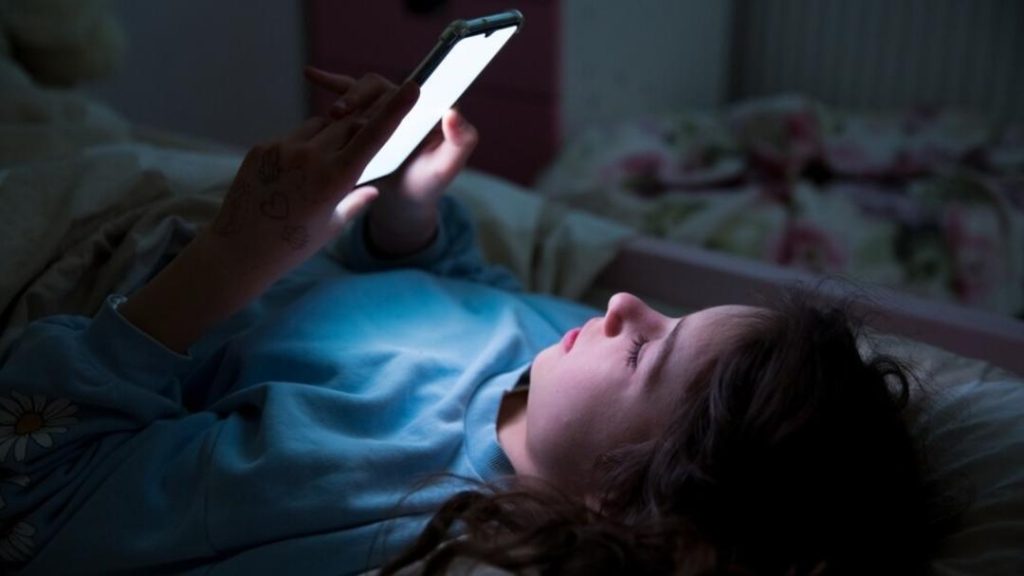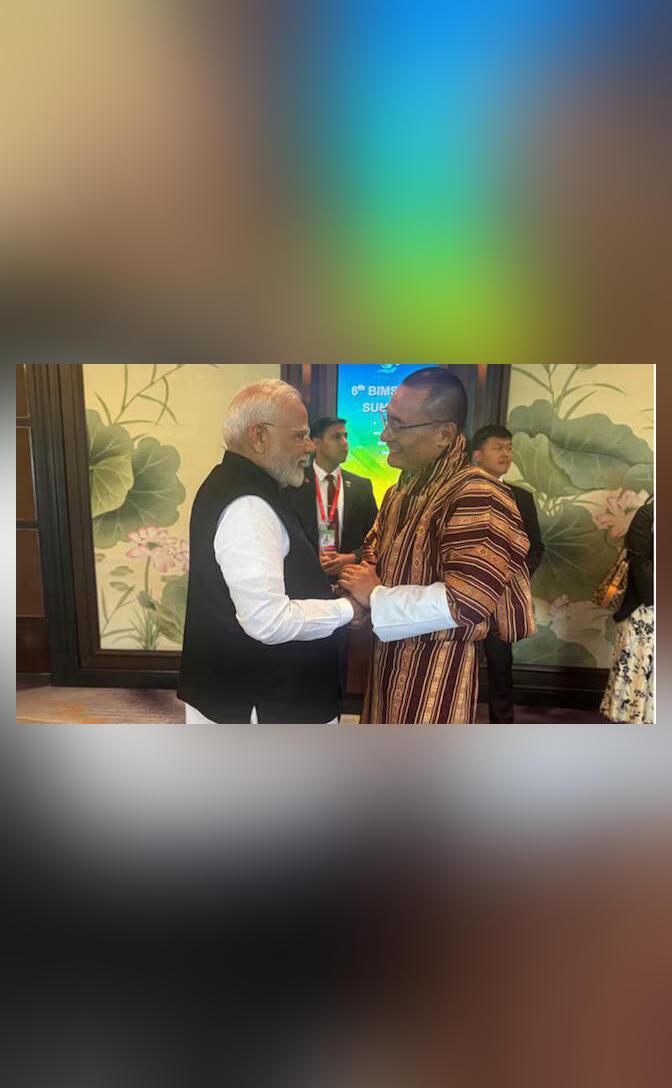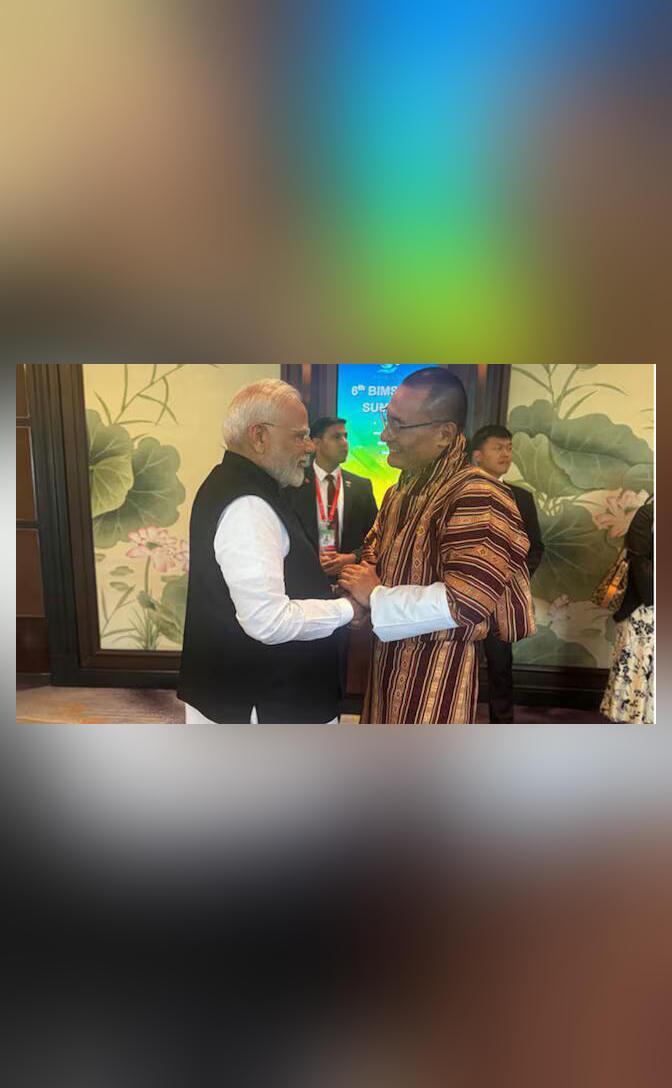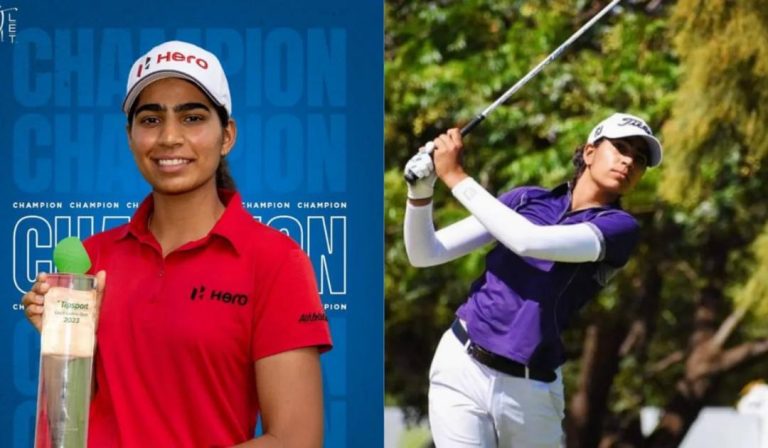
SC Dismisses Plea Seeking Ban on Social Media Usage by Minors
The Supreme Court of India has recently dismissed a plea seeking to impose a statutory prohibition on social media usage for children below 13 years. The plea was filed by the Zep Foundation, which highlighted the adverse effects of social media on young minds and sought parental control and biometric authentication measures on the platforms.
The petition was filed in response to the growing concerns about the impact of social media on children’s mental health, education, and overall well-being. The Zep Foundation argued that the current regulatory framework was inadequate to protect children from the potential risks associated with social media usage. They sought a ban on social media usage for children below 13 years, citing the need to protect them from the negative influences of social media.
However, the Supreme Court refused to entertain the plea, deeming it a “policy matter for Parliament”. The court’s decision was based on the fact that social media regulation is a complex issue that requires a comprehensive and nuanced approach, involving multiple stakeholders and institutions.
The Zep Foundation’s petition highlighted several concerns about the impact of social media on children. They argued that social media platforms are designed to be addictive, with algorithms that are designed to keep users engaged for longer periods. This can have serious consequences for children’s mental health, including increased risk of anxiety, depression, and sleep disorders.
Moreover, the petition argued that social media can have a negative impact on children’s education and social skills. They cited studies that have shown that excessive social media usage can lead to decreased attention span, reduced social skills, and decreased empathy.
The petition also highlighted the lack of parental control over children’s social media usage. They argued that parents are often unaware of the content their children are exposed to, and that social media platforms do not provide adequate mechanisms for parents to monitor and control their children’s usage.
In response to the petition, the Supreme Court noted that regulating social media is a complex issue that requires a multi-stakeholder approach. The court acknowledged the concerns about the impact of social media on children, but emphasized that a blanket ban on social media usage for children below 13 years was not the solution.
Instead, the court suggested that the government and social media companies work together to develop more effective solutions to regulate social media usage by children. The court also emphasized the need for parents to take a more active role in monitoring and controlling their children’s social media usage.
The court’s decision has been met with both criticism and support. Some experts have criticized the decision, arguing that it fails to adequately address the concerns about the impact of social media on children. Others have praised the decision, arguing that it recognizes the complexity of the issue and the need for a nuanced approach.
In conclusion, the Supreme Court’s decision to dismiss the plea seeking a ban on social media usage by minors is a significant development in the ongoing debate about the impact of social media on children. While the decision may not provide a clear solution to the issue, it recognizes the complexity of the problem and the need for a multi-stakeholder approach.
As the debate continues, it is essential for parents, policymakers, and social media companies to work together to develop more effective solutions to regulate social media usage by children. This may involve developing more effective parental controls, increasing transparency and accountability on social media platforms, and promoting healthy social media habits among children.





